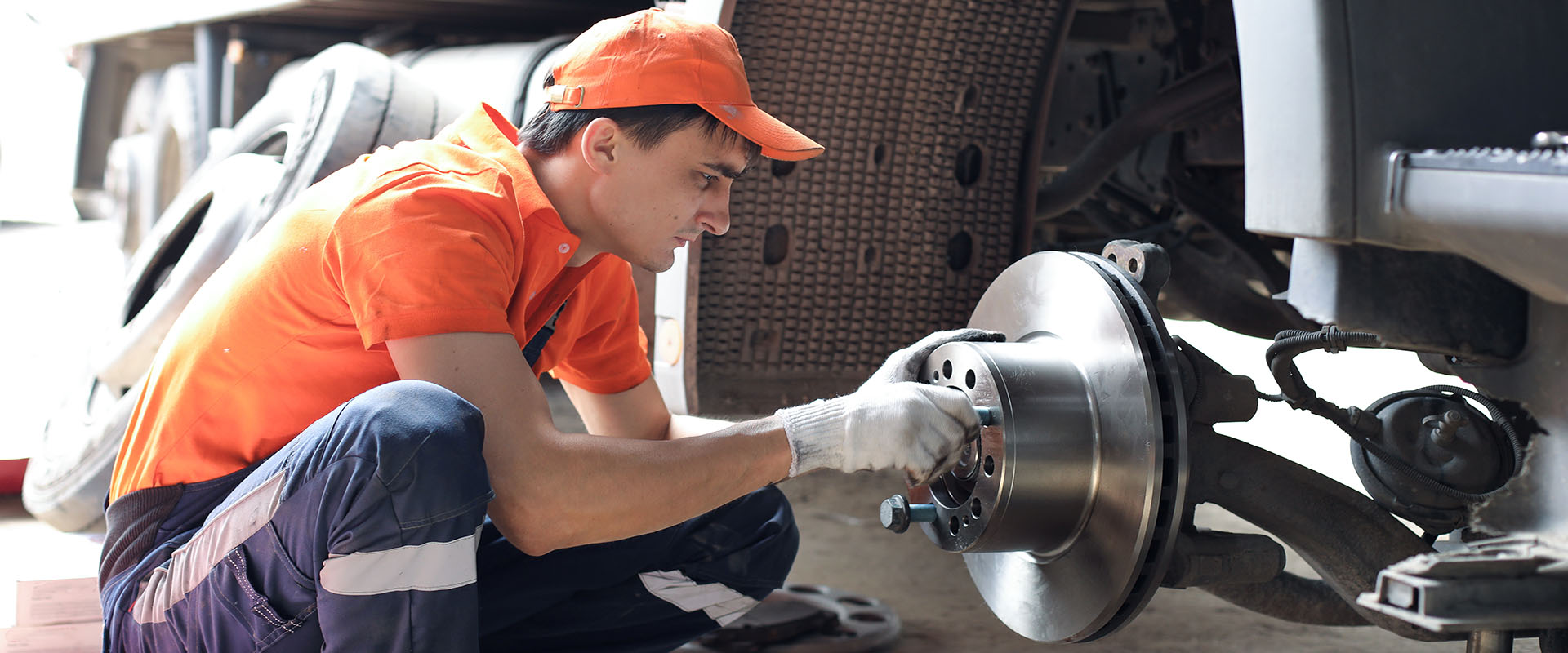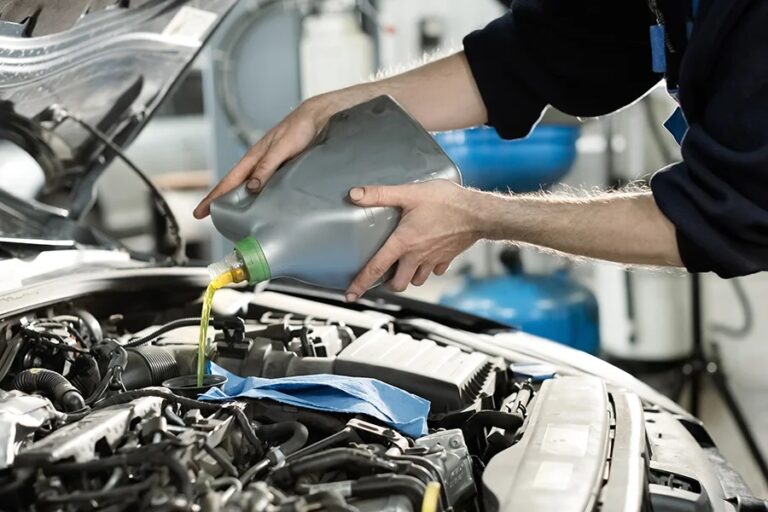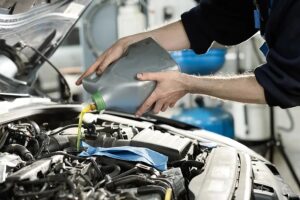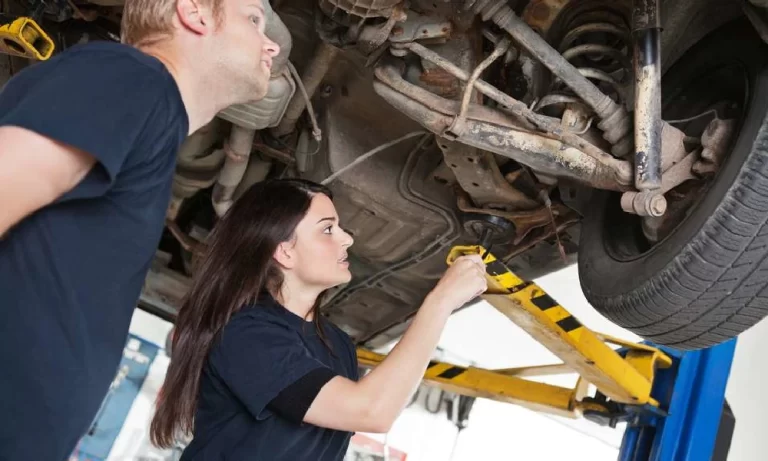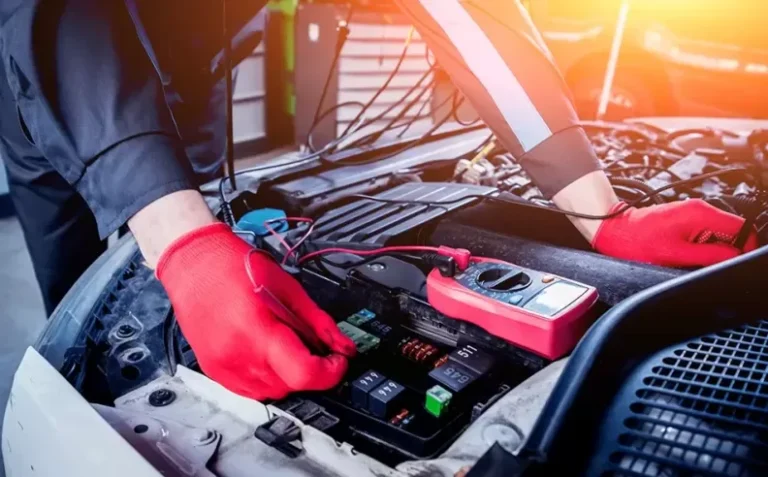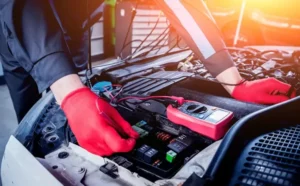Every vehicle is required to be equipped with brakes, as they deliver the essential stopping force necessary to ensure traffic safety. Their operation involves the application of friction to the wheels, facilitating the reduction or cessation of motion, thereby allowing drivers to navigate diverse road conditions with safety and assurance. Nonetheless, several influential factors, particularly fuel economy, may be significantly affected by braking performance. When brakes are functioning optimally, they minimize drag, thereby enhancing the vehicle’s performance and efficiency.
The Connection Between Fuel Efficiency and Brake Systems
When brakes are functioning optimally, they deliver the exact amount of friction necessary to decelerate the vehicle effectively. Conversely, increased resistance or dragging may occur due to misaligned braking systems or the presence of worn brake pads. The resistance increases the energy requirements of the engine to maintain the vehicle’s motion, consequently leading to an elevation in fuel consumption. Regular brake inspections conducted by the Auto Repair facility guarantee optimal brake performance and enhance overall driving efficiency by facilitating the early detection of potential issues. At the auto shop in Sugar Land, TX you can get the best detection option.
The Importance of Regular Brake Inspections
Routine brake inspections afford technicians the chance to evaluate the braking system in its entirety. This encompasses a thorough examination of the fluid levels, calipers, rotors, and brake pads. Should any components be identified as defective or excessively worn, they may be repaired or replaced prior to the emergence of more significant issues. The gradual decline in brake performance, frequently unnoticed until a decrease in fuel efficiency occurs, can be mitigated through a proactive strategy for brake maintenance. Regular maintenance ensures that the brakes function effectively while also prioritizing safety.
The Influence of Drag on Fuel Efficiency
Drag occurs due to the partial engagement or misalignment of brakes, resulting in friction even during cruising conditions. The existing imbalance necessitates increased effort from the engine to sustain speed, consequently diminishing fuel efficiency. A vehicle experiences reduced energy requirements when it encounters less drag, resulting in smoother engine operation. Drivers can mitigate this impact and achieve more efficient fuel consumption during their journeys by ensuring that the brakes are properly maintained through regular inspections and upkeep.
Cost Efficiency and Environmental Impact
Maintaining your braking system in optimal condition may lead to financial savings over time. Vehicles that exhibit greater fuel efficiency consume less petrol, a factor that may prove particularly beneficial given the escalating prices of gasoline. Enhanced fuel efficiency contributes to a reduction in carbon emissions, thereby providing advantages for the environment. Properly maintained brakes contribute to minimizing the carbon footprints of individual drivers and support broader sustainability goals by decreasing the energy requirements of the vehicle.
The Importance of Brake Maintenance
In conclusion, conducting regular brake inspections is vital for enhancing both fuel efficiency and safety. Maintaining brakes in optimal condition reduces drag, thereby enhancing vehicle performance and fuel efficiency. By scheduling regular brake repairs, drivers can effectively reduce fuel expenses while also playing a role in environmental conservation. Ultimately, prioritizing brake health enhances safety, reduces costs, and promotes environmental sustainability in driving.

